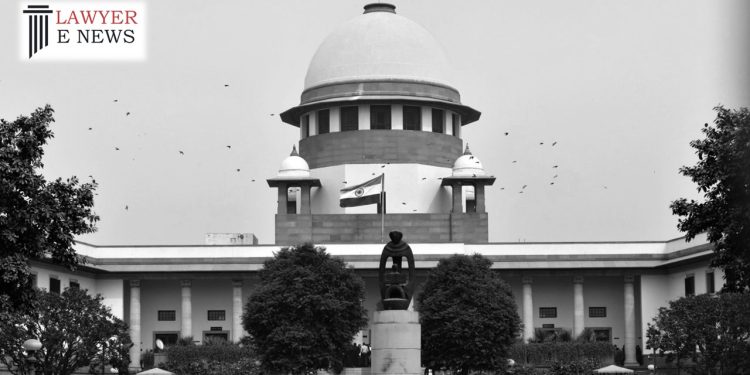Supreme Court Affirms Compulsory Retirement Based on Adverse Remarks: Upholding Discretionary Powers of Authorities

In a significant judgment, the Supreme Court of India has upheld the decision of compulsory retirement based on adverse remarks against a police constable. The ruling reaffirms the discretionary powers of authorities in assessing the integrity and conduct of personnel in uniformed services.
The Court, comprising of Justice Ahsanuddin Amanullah and Justice Vikram Nath, recognized the authority’s right to evaluate adverse remarks and make decisions based on them. It emphasized that personnel with such remarks can be compulsorily retired in accordance with the Punjab Civil Services Rules, 1934, as long as the action is not arbitrary or shocking to the court’s conscience.
Key points from the judgment:
- “For a person in uniformed service, like the police, adverse entry relating to his/her integrity and conduct is to be adjudged by the superior authority(ies) who record and approve such entry.” (Para 28)
- “Personnel having such remarks being compulsorily retired as per the statutory provisions under the Punjab Civil Services Rules, 1934, in the instant facts, is not an action this Court would like to interdict.” (Para 28)
The court also stressed the importance of updating and amending rules to reflect current positions, titles, and hierarchy of authorities. It highlighted the need for clarity to avoid confusion and misinterpretation of outdated rules.
Furthermore, the judgment acknowledged the unique powers of High Courts under Article 226 of the Constitution, recognizing their vast reservoirs of power as Constitutional Courts. The court directed the communication of the judgment to the relevant authorities to ensure awareness and compliance.
This landmark ruling provides clarity on the power of review in administrative matters and the discretionary authority of authorities in making decisions based on adverse remarks. It affirms the principle that adverse remarks can lead to compulsory retirement if the action is reasonable and within the bounds of the law. The judgment also underscores the importance of regularly updating rules to keep pace with changing circumstances and prevent any ambiguity in their interpretation.
Date of Decision: June 14, 2023
AISH MOHAMMAD vs STATE OF HARYANA & ORS.





